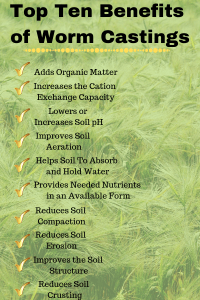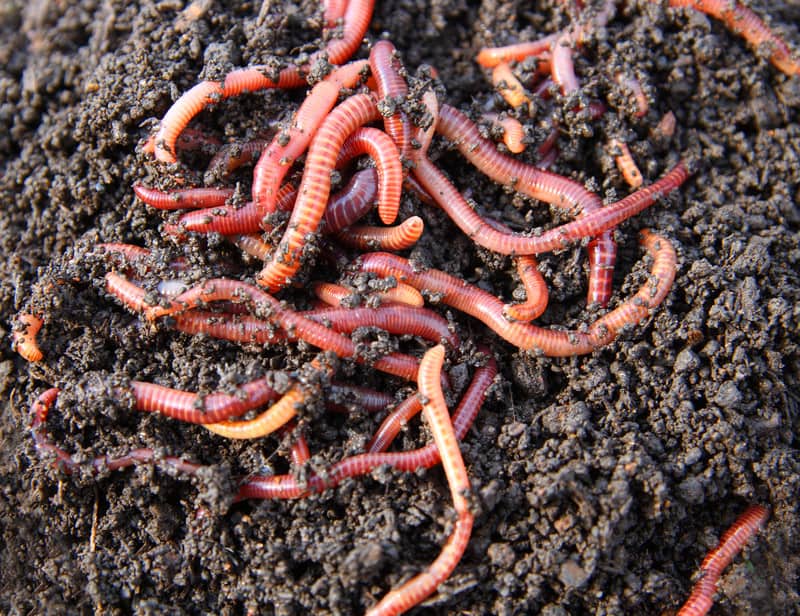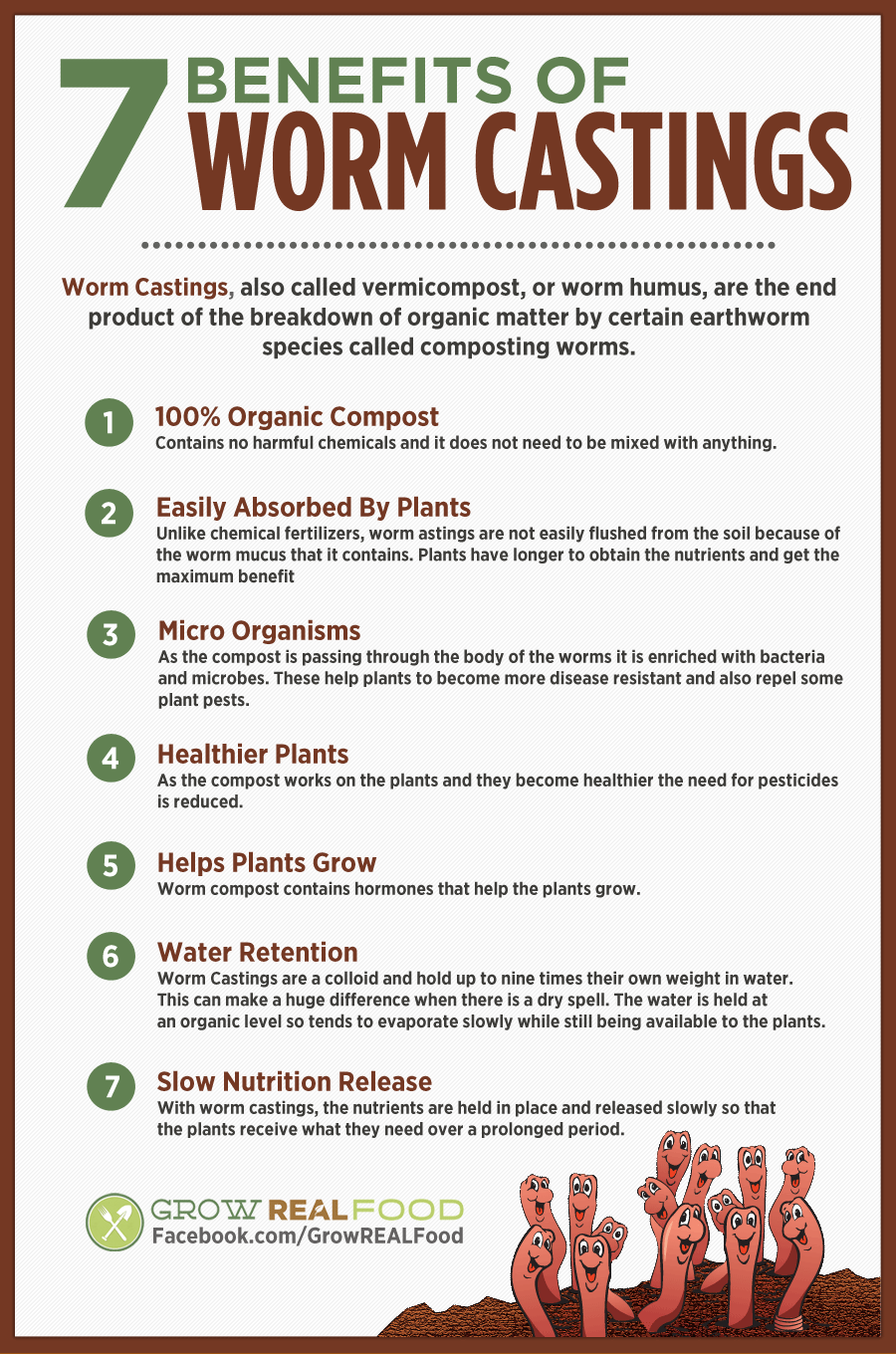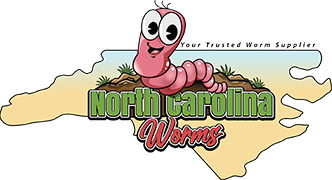The Only Guide to North Carolina Worms
The Only Guide to North Carolina Worms
Blog Article
Indicators on North Carolina Worms You Should Know
Table of ContentsThe North Carolina Worms Ideas8 Easy Facts About North Carolina Worms ExplainedThe 9-Second Trick For North Carolina WormsNorth Carolina Worms Fundamentals Explained
Instance: 1-gallon of worm castings to 4 gallons of potting mix. 1/2 mug in the base of the growing opening for smaller plants. 1 mug for larger plants.
The enhancement of tea can likewise include raised microbial biomass to your dirt. You can always side-dress your plants with worm castings at any time. Just keep in mind, the microorganisms will certainly pass away if subjected to UV rays (Sunlight), so make certain to cover the castings with an inch or two of soil.
This frustrated them for many years till the testing approaches came to be much better. They located that plant development and wellness exhibited a Bell Contour. It would obtain far better(with even more castings), level off, and after that decrease. They were baffled. They ultimately uncovered that excess plant-growth hormonal agents were the offender. Also lots of worm spreadings would increase the growth to a rate that the plant might not recover from.
North Carolina Worms for Beginners
I have expounded the merits of worm spreadings for regarding 2000 words. Worm castings are no different. It takes time to create quality worm spreadings.
You can acquire them which brings about number 2. Worm castings certainly cost greater than chemical plant foods. Worm castings are on the less costly end of natural fertilizers. You will certainly need to decide what is more crucial. It is simple to produce little quantities of worm spreadings. (50 gallons per year) It is a much harder and very costly financial investment to generate big amounts of worm spreadings (Lake Hickory Bait).

Developing a healthy dirt might be the best benefit of worm castings. We discussed worm spreadings NPK and likewise the correct nutrient analysis that must apply to worm castings.
The North Carolina Worms Ideas
We talked regarding some of the disadvantages linked with worm spreadings. I covered a great deal of material in this short article.
The vertical burrows are commonly open, although the worms cover the leading with deposit and waste matter. Roots require oxygen for their growth, whereas they produce carbon dioxide that needs to leave the soil.
Earthworms raise porosity by 2 systems: (1) by creating irreversible burrows, and (2) by enhancing dirt gathering. Gathering is improved by the blending of dirt and raw material in the earthworms' intestines. Lenoir NC Worms For Sale. These highly steady accumulations are transferred by some earthworms in their burrows, and by others at the surface area of the dirt


In an additional research, earthworms were approximated to take in 4 to 10 percent of the leading 6 inches of the dirt every year. Dirt compaction reduces the porosity of the soil.
Some Known Details About North Carolina Worms
Common earthworm populaces can easily consume 2 lots of completely dry issue per acre per year, partially digesting and mixing it with soil. The relevance of earthworms to blend surface deposit with soil becomes really clear in dirts that do not have any kind of earthworms. The majority of our Pennsylvania soils contend the very least some earthworms, and the impact of their complete lack, consequently, can not be kept in mind.
(https://artistecard.com/northcarolinaworms)In these soils, the development of topsoil with practical organic issue material did not occur, resulting in bad crop development. When the cause was established, the federal government of the Netherlands began a campaign to introduce earthworms. After the introduction of the earthworms, a dark topsoil layer was created, and plant growth enhanced significantly.
They live largely from partially disintegrated organic issue that is currently integrated in the soil. They eat their means through the soil, creating straight burrows that they loaded with their excrement. These species ingest big quantities of soil that they combine with digested plant residue in their digestive tracts. or anecic types live in permanent upright burrows that can be 5 or 6 feet deep.
Their burrows remain open, although they cap the leading with plant deposit that they pull to the entryway. These types ingest considerable amounts of soil that they mix with absorbed deposit in their guts. Their waste matter is mostly transferred at the surface area of the dirt. The nightcrawler Lumbricus terrestris is the most noticeable participant of this team.
Report this page